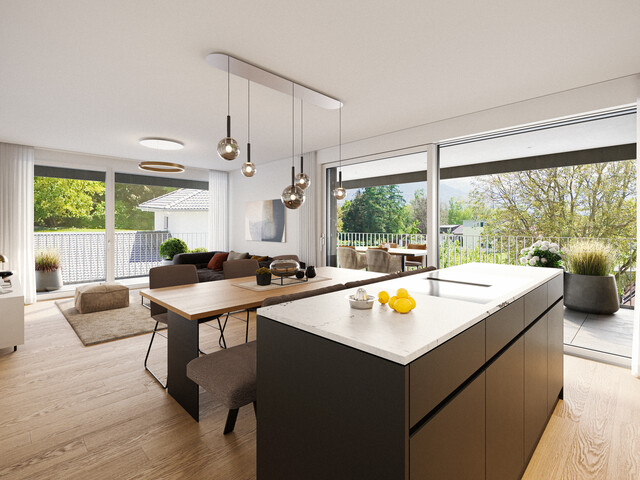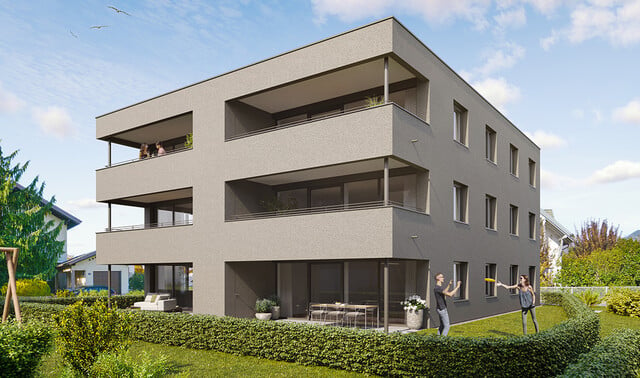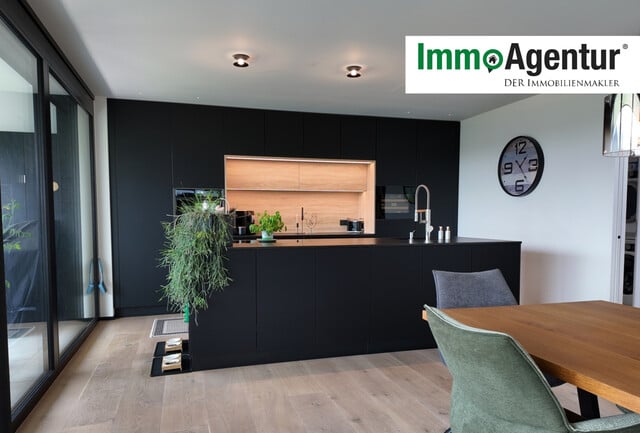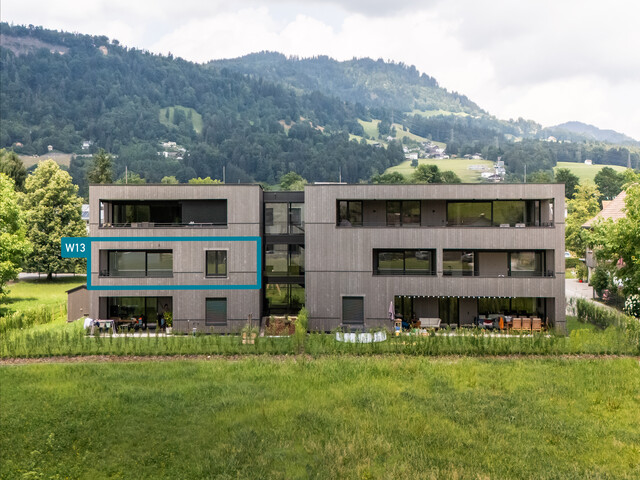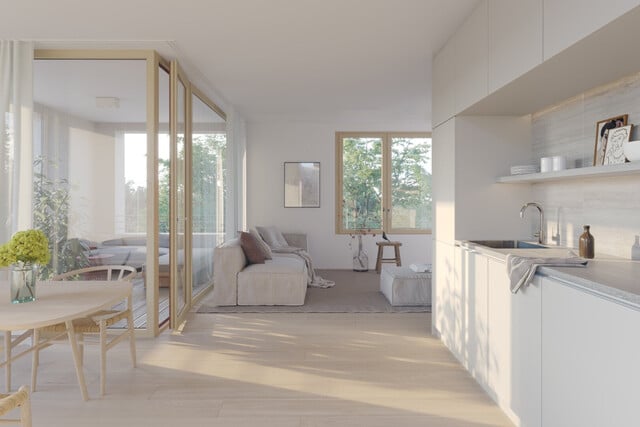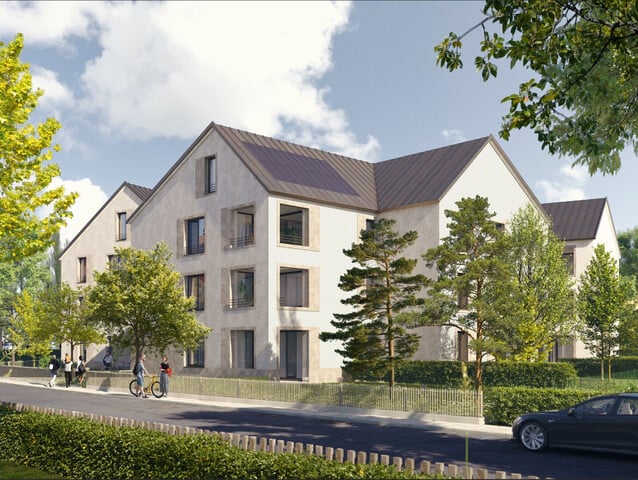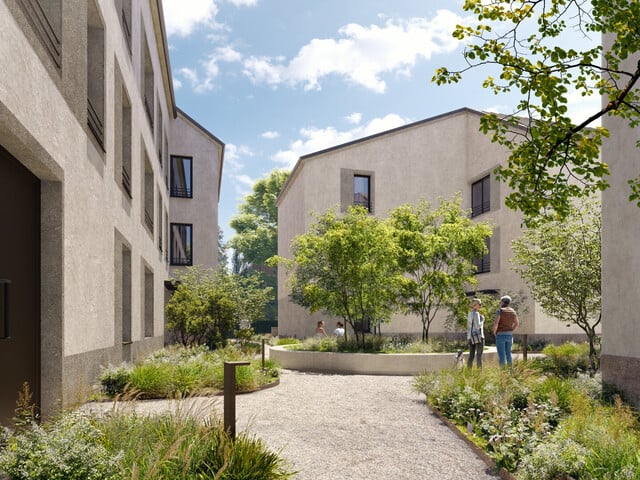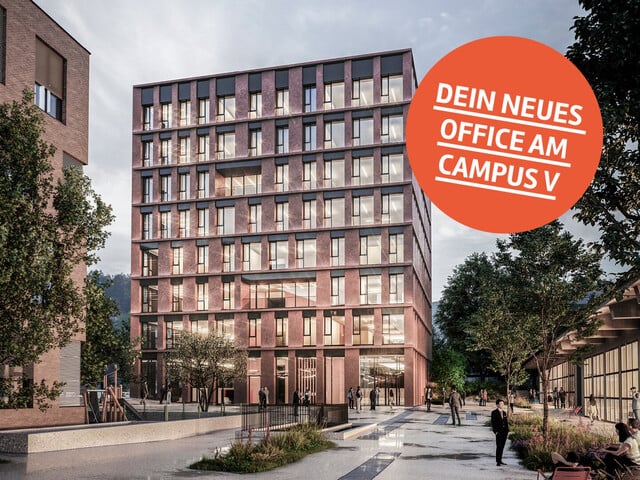Caution Mold: What You Can Do as a Tenant in Vienna - and Who Is Liable

Mold formation in the apartment is always a nuisance and can also have serious health consequences. Mold grows primarily where moisture cannot escape and the surface temperature is low. Therefore, ventilation and heating are your two most important tools, as also recommended by the city portal wien.gv.at.
Prevention: How to Prevent Mold Formation
The relative humidity in your apartment should ideally not exceed 55 percent - condensation on windows is already a warning signal. Additionally, trash and objects should not be placed directly in front of radiators or exterior walls to allow for unobstructed heat emission.
To ensure mold doesn't get a chance, proper ventilation is just as essential as adequate heating. It is recommended to ventilate several times a day – ideally five to ten minutes – and cross-ventilate if possible. The rule is: do not tilt windows permanently, but open them wide so that moist air can escape quickly. Also, when cooking, showering, or hanging laundry, you should immediately ensure sufficient fresh air, for example by opening windows or activating exhaust systems. It is also advised that furniture should always be placed with some distance from the exterior wall and that no thick curtains hang directly on cold exterior components, as this can disrupt air circulation and cold wall surfaces can promote mold.
Once Mold Appears: How to Proceed
If you have already discovered mold in your apartment, quick action is required. It is best to document the occurrence with a photo, including the location and date, and immediately inform your landlord in writing, ideally with a deadline for removal.
The Chamber of Labor explicitly advises sending the defect report to the landlord and at the same time declaring that you will make rent payments "with reservation of reclaim." If the mold is only superficial and could have been avoided by proper heating and ventilation, the responsibility lies with the tenant. However, if the mold has already penetrated the plaster or masonry, it is considered a "serious damage to the house," and then the obligation to remove it lies with the landlord. The Tenants' Association also emphasizes this view: The removal of mold is considered necessary maintenance work under the Tenancy Law, provided the damage is not just on the surface. If there is a structural defect or a health-threatening infestation, the landlord may be obliged to carry out the renovation. At the same time, the Tenants' Association points out that landlords often try to hold tenants liable for high renovation costs – for example, by accusing them of insufficient ventilation. The burden of proof often lies with the tenant, who must prove that they reported the defect in a timely and proper manner, that their usage behavior was appropriate, and that the damage could not have been caused solely by their behavior.
If you as a tenant are significantly affected by mold growth and are not at fault for the damage, you have according to the Chamber of Labor the right to reduce the rent accordingly. However, a rent reduction can lead to a rent or eviction dispute, which is why the Tenants' Association recommends seeking legal advice in such a case and initially paying the rent "with reservation." In Vienna, there is also a so-called building physics laboratory that offers paid investigations to determine the causes.
Situation in Vienna
As a tenant in Vienna, the rule is: If you live in a municipal or community apartment (such as Wiener Wohnen), construction-related defects and mold damage are repaired by the administration, as long as the infestation is not due to user error. There are usually internal processes and contact persons for this. Additionally, there is a Residential Law Arbitration Board (MA 50) in Vienna, which mediates conflicts between tenants and landlords and seeks solutions.
(Red)
This article has been automatically translated, read the original article here.
Du hast einen Hinweis für uns? Oder einen Insider-Tipp, was bei dir in der Gegend gerade passiert? Dann melde dich bei uns, damit wir darüber berichten können.
Wir gehen allen Hinweisen nach, die wir erhalten. Und damit wir schon einen Vorgeschmack und einen guten Überblick bekommen, freuen wir uns über Fotos, Videos oder Texte. Einfach das Formular unten ausfüllen und schon landet dein Tipp bei uns in der Redaktion.
Alternativ kannst du uns direkt über WhatsApp kontaktieren: Zum WhatsApp Chat
Herzlichen Dank für deine Zusendung.
